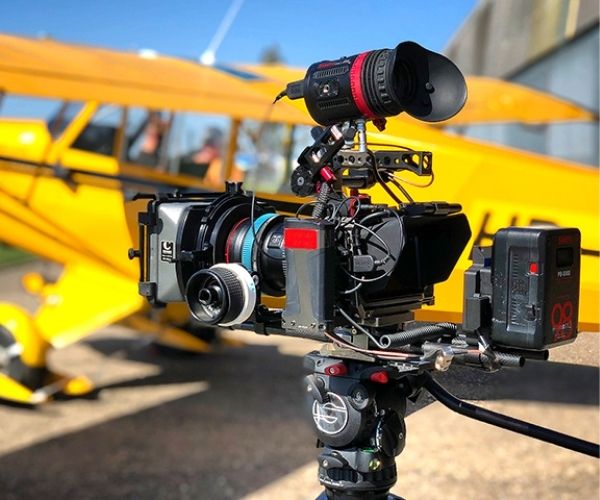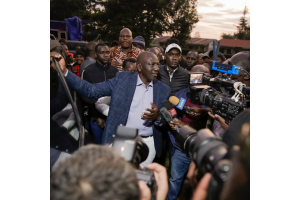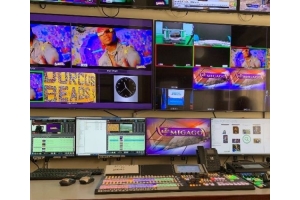Swiss Air Rescue Documentary Shot on Pocket Cinema Cameras
Blackmagic Design has announced that Gletscherflieger - Faszination in Weiss (Switzerland: Glacier Pilots), a documentary produced for European cultural broadcaster, arte, was filmed with the Pocket Cinema Camera 6K and Pocket Cinema Camera 4K, with full post production completed with DaVinci Resolve Studio.
Since its inception in 1999, arte’s GEO 360° reportage programing showcases fascinating stories of people and places, always with a focus on stunning cinematography. The film, produced by Aachen based production company, Mineworks Film GmbH for Medienkontor Movie GmbH, focuses on active glacier pilots and the Swiss Air Rescue Service, known as REGA.
Shot in the Swiss Alps during the early months of 2021, Frank Mirbach and his team opted to shoot the documentary with Pocket Cinema Cameras as the main camera package.
“We had to keep the crew and our equipment as small as possible; not only due to Covid restrictions, but also because of the limited space in the helicopters, and the physical implications of filming at such a high altitude and on top of vast glaciers,” he explains. “It was an intensive shoot, but the Pocket cameras offered such great picture quality, we didn’t feel that we were having to make a compromise.”

A Pocket Cinema Camera 6K with a full cage acted as A cam, with the 4K mounted on a Sachtler Flowtech for multicam and B cam footage, alongside Canon EF 16-35mm, 24-70mm and 70-200mm L series lenses. “Both cameras handled the very cold and very bright conditions well,” continued Frank. “The whole look from the cameras is just fantastic and we were pleased with how well they match with other cinematic camera packages, in particular with skin tones.”
The shoot was completed in 4K and 6K Blackmagic RAW, allowing the Mineworks team to crop into its UltraHD masters without losing quality in the detail during post. “The ability to generate several angles and shots from one set of footage is often so helpful in documentary editing, particularly for ‘once in a moment’ events,” explains Frank.
The 52 minute documentary was edited and graded in DaVinci Resolve Studio, and the team was also able to make a premix to share with the composer. “Creating preview copies directly from the timeline was such a smooth and simple process, and very practical when working remotely due to Covid restrictions,” concludes Frank. “The customer and the broadcaster were both able to approve content safely from their respective offices, without any delays to the production timeline.”

 Arabic (UAE)
Arabic (UAE) 





